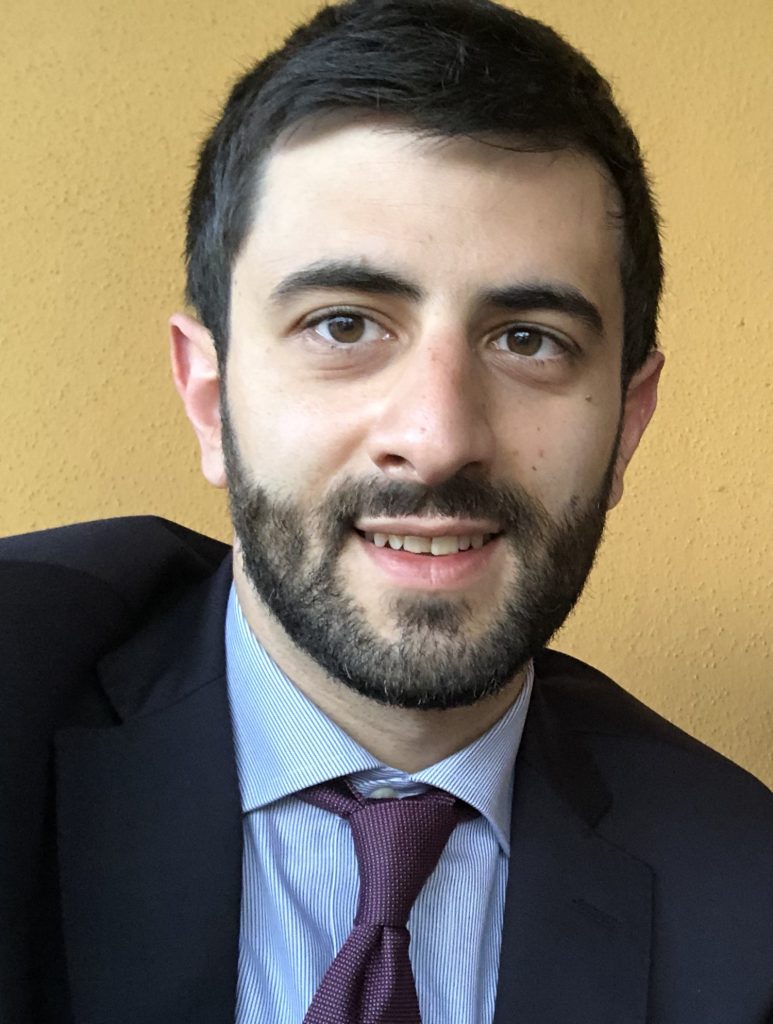Time is Money, and Beyond: The Temporality of Action and Consequences
9th Workshop on Unintended Consequences
6-7 May 2019, Warsaw, Poland
Programme — available HERE (updated 30 April 2019)
Register by 1 March 2019 — details HERE
Guest speakers

prof. Ann Mische, University of Notre Dame
prof. John Preston, University of Essex

Jan Hermes (Oulu Business School)
 Carmelo Lombardo (Sapienza University of Rome)
Carmelo Lombardo (Sapienza University of Rome)
 Lorenzo Sabetta (Sapienza University of Rome)
Lorenzo Sabetta (Sapienza University of Rome)
The workshop is financially supported by Adam Mickiewicz Institute and the Ministry of Science and Higher Education, Republic of Poland.
Call for Papers
The issue of time and temporality are strongly linked with the unintended. This is an element that, although not always explicitly, is deeply embedded in the relevant literature. In the same time, the topic of consequences has also started to be discussed and analyzed in a theoretically skilled and sophisticated manner beyond the domains traditionally associated with the study of the unintended (such as sociology of unanticipated consequences, and the recent sociology of unexpected outcomes and surprises). Quite often, the topic of consequences appearing in relation with that of time.
The (re)discovery of the issue of time and of the temporal dimension is probably one of the most attractive and proliferating developments in sociology and related social sciences in the last years. In relation to the theme of action and consequences, this interest in time and temporality has always existed because the consequences as such occur within a certain timeframe. The unintended can be spotted ulterior to the momentum of initiating the action (in a diachronic-sequential framing), as well as in the same time of initiating and carrying out the action (in a synchronic-systemic framing). Furthermore, all the processes related with the unintended need time to materialize and unfold (emergence of, coping with, structuration, materialization of invisible risks and hazards etc.).
The aim of the workshop is to build on this already existing knowledge in the study of unintended consequences and to try to articulate a topology of approaches to the temporality of action, processes and consequences. The scope thus is not only to highlight the temporal dimension, but to also abstract what concrete disciplines and theories have to say on this issue. In this way, not only will the cumulative knowledge be further developed, but the truly interdisciplinary or transdisciplinary approach will stand a real chance to happen.
The Workshop welcomes contributions dealing with such topics as:
- Time: definition, measurement, passing of;
- Time and temporality in various disciplines: framing, level of analysis, narrative
- Domains where time is an issue (market, transactions, evaluation, public policy, identity etc.)
- Time and other substantive issues (ignorance, unintended consequences, ambiguity, , failure, money)
- Time and social processes (emergence, transformation, transition, aging, waiting (to happen), getting prepared for, running out of time)
- Time and domains/areas (culture, social structure, morality, market, politics etc.)
- Idioms and mechanisms: Better late than never // Time is money // We have all the time in the world // Time heals everything etc.
- Time as resource (market, actions, organizations, professional and personal life etc.)
- Time regimes, quality time and time wasting
- Industry of time and efficiency measurement and their impact on life and relationships
The Organizing Committee hopes the Workshop will contribute to the conceptual and theoretical enrichment of the studies on time and temporality of action, processes and consequences in sociology, and related social sciences it will create an apt platform for revisiting well established assumptions and paradigms, and help opening new research sites for empirical investigation.
